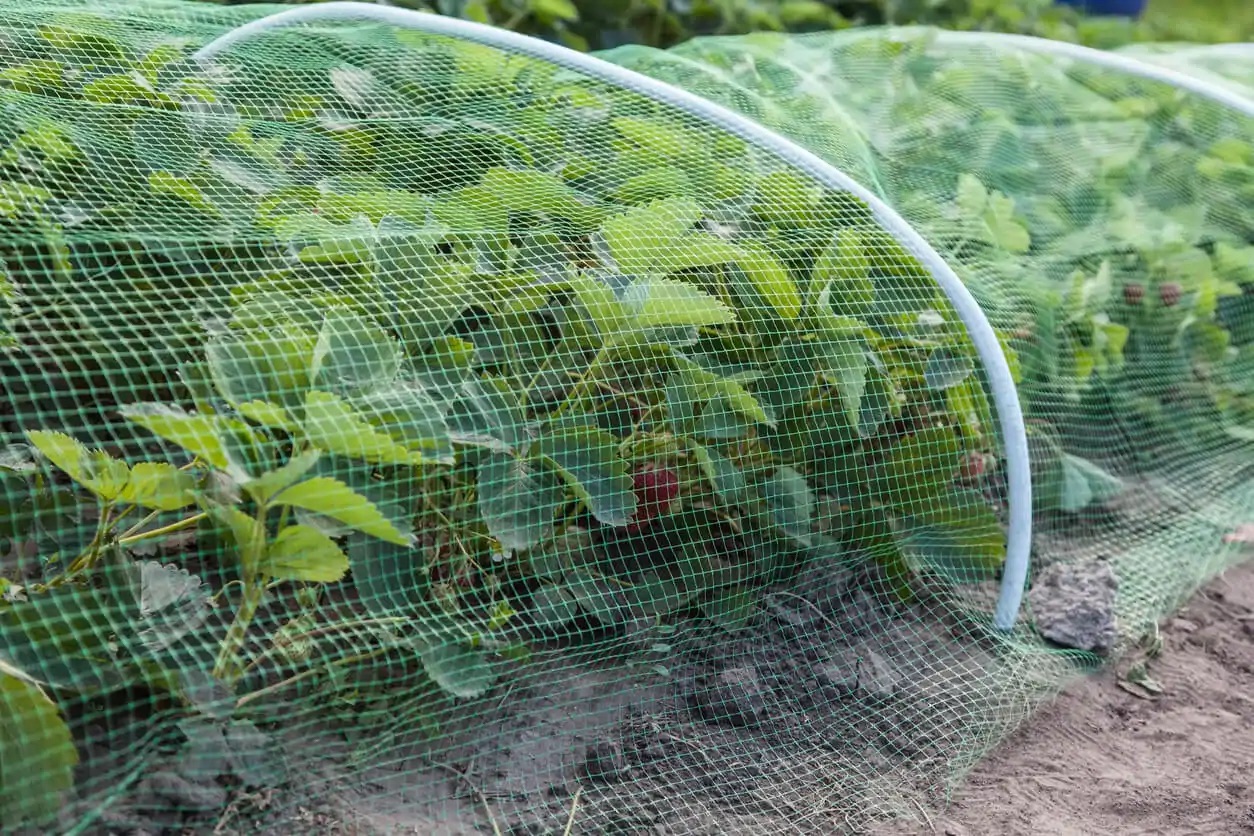

Articles
How To Keep Birds Out Of The Garden
Modified: August 20, 2024
Learn effective techniques to keep birds out of your garden and protect your gardening efforts. Discover simple and efficient ways to deter birds and ensure a flourishing garden.
(Many of the links in this article redirect to a specific reviewed product. Your purchase of these products through affiliate links helps to generate commission for Storables.com, at no extra cost. Learn more)
Introduction
Welcome to the wonderful world of gardening! Whether you have a small backyard garden or a sprawling landscape, growing your own plants, fruits, and vegetables can be a rewarding experience. However, there’s one challenge that many gardeners face: birds. These feathered creatures can wreak havoc on your precious plants, causing damage and frustration. But fear not! In this article, we’ll explore effective strategies to keep birds out of your garden, allowing you to enjoy the fruits of your labor without interference.
Understanding the birds’ behavior and motivations is the first step in addressing this issue. Birds are naturally attracted to gardens because of the abundance of food, water, and shelter they offer. Whether they are searching for insects, seeds, or ripe fruits, birds see your garden as their personal a la carte buffet. Additionally, trees and shrubs provide them with perching and nesting spots. While it’s important to appreciate the role birds play in maintaining ecological balance, it’s equally crucial to find ways to protect your garden from their destructive habits. Let’s dive into some practical solutions.
Key Takeaways:
- Protect your garden from birds by implementing physical barriers, scare tactics, repellents, and attracting natural predators. Create a bird-friendly space to coexist harmoniously while enjoying the beauty of gardening.
- Strike a balance between deterring birds and appreciating their role in the ecosystem. Experiment with various strategies to keep birds out of your garden and enjoy the rewards of a beautiful, protected garden.
Read more: How To Keep Birds Out Of A Pergola
Understanding the Problem
Before we jump into the solutions, it’s important to understand why birds pose a challenge for gardeners. Birds can cause damage to your plants in various ways:
- Feeding: Birds can feast on your fruits, vegetables, and seeds, reducing your harvest and overall plant health.
- Nesting: Birds may build nests in your trees, shrubs, or rafters, potentially causing structural damage or creating a mess with their droppings.
- Transplantation: Some birds, like crows or magpies, have the habit of digging up newly planted seedlings or bulbs, disrupting your garden layout.
- Insects: While birds can be beneficial in controlling garden pests, they may also disturb beneficial insects like bees and butterflies that are necessary for pollination.
Now that we have a clear picture of the challenges birds can present, let’s explore some effective ways to keep them at bay and protect your garden.
Implementing Physical Barriers
One of the most straightforward and effective ways to keep birds out of your garden is by implementing physical barriers. Here are some methods you can try:
- Netting: Covering your plants with bird netting is an excellent way to protect them. The netting creates a physical barrier that prevents birds from accessing your plants without harming them. Ensure that the netting is properly secured and tight enough to keep the birds out.
- Row Covers: Similar to netting, row covers are lightweight fabric covers that are placed over rows of plants. They provide protection against birds while allowing sunlight and water to reach the plants.
- Scare Tapes and Flags: Birds are often scared away by shiny, moving objects. Hang scare tapes or flags in your garden to create visual disturbances that deter birds from landing or perching.
- Physical Barriers: Install fencing or mesh around your garden to create a physical barrier that prevents birds from entering. Ensure that the barrier is tall enough, at least 6 feet, to deter larger birds from flying over it.
Remember to regularly inspect and maintain the physical barriers to ensure their effectiveness. Check for any tears or gaps that birds may use to gain access to your garden.
Implementing physical barriers not only protects your plants from birds but also provides an opportunity for them to find alternative food sources in nearby natural areas.
Using Scare Tactics
Scare tactics can be a helpful and cost-effective way to deter birds from your garden. Here are some methods you can try:
- Decoys: Placing decoys of predatory birds like owls or hawks in your garden can create the illusion of danger and scare away smaller birds. Move the decoys periodically to maintain their effectiveness.
- Visual Deterrents: Hang reflective objects, such as CDs or aluminum foil strips, in your garden. The flashing and reflecting lights will startle and confuse birds, discouraging them from landing or roosting.
- Sonic Repellents: Sonic repellents emit sounds that mimic distress calls of birds or their predators. These sounds create a sense of danger, causing birds to avoid the area. Choose sonic repellents that are species-specific to effectively target the birds causing the most trouble.
- Motion-Activated Sprinklers: Birds dislike water and are startled by sudden movements. Using motion-activated sprinklers can deter them from entering your garden. When a bird triggers the sensor, a burst of water is released, scaring them away.
Combine multiple scare tactics for better effectiveness, as birds may become accustomed to a single method over time.
Keep in mind that scare tactics need to be regularly alternated or moved to prevent birds from acclimating to them. Birds are intelligent creatures and can quickly learn that a decoy is harmless or that certain reflective objects don’t pose a threat.
One effective way to keep birds out of the garden is to use physical barriers such as bird netting or row covers to protect your plants from being eaten or damaged by birds.
Applying Repellents
Repellents can be effective in deterring birds from your garden without causing them harm. Here are some common repellents you can try:
- Spices and Herbs: Birds have a strong sense of smell, and certain spices and herbs can repel them. Sprinkle cayenne pepper, chili powder, garlic powder, or dried herbs like mint or rosemary around your plants. The strong scents will discourage birds from approaching.
- Commercial Bird Repellents: There are many commercial bird repellent products available in the market. These repellents usually contain natural ingredients that birds find unpleasant or irritating, such as grape extract or methyl anthranilate. Follow the instructions provided by the manufacturer for the best results.
- Reflective Scare Tape: Reflective scare tape, made of shiny mylar material, can be hung in your garden to deter birds. The reflecting light and movement of the tape mimic the presence of predators, causing birds to avoid the area.
- Gel Repellents: Gel repellents create a sticky surface that birds dislike. Apply the gel on surfaces where birds perch or roost, such as ledges or exposed branches. The sticky texture will discourage birds from landing.
When using repellents, it’s important to reapply them regularly, especially after rain or heavy watering, as they can wash away. Take care not to apply repellents directly on edible parts of plants that you plan to consume.
Remember, repellents may need to be rotated or combined with other deterrent methods to prevent birds from becoming accustomed to them.
Read more: How To Keep Birds Out Of A Shed
Attracting Natural Predators
Nature provides us with a built-in solution for keeping birds in check: attracting natural predators. By encouraging the presence of these predators in your garden, you can create a natural balance that helps reduce bird activity. Here are some strategies to attract natural predators:
- Birdhouses and Nesting Boxes: Install birdhouses and nesting boxes that are suitable for predatory birds like owls or kestrels. These birds will not only provide pest control by preying on smaller birds but also add beauty and diversity to your garden.
- Perches and Roosting Spots: Consider incorporating perches or roosting spots like tall trees or tall posts in your garden. These locations will attract birds of prey, creating a natural deterrent for smaller birds.
- Provide Habitat: Planting native trees, shrubs, and flowers that attract insects and small animals can help attract predatory birds. These habitats provide food sources for predatory birds, encouraging them to frequent your garden.
- Water Sources: Providing a water source such as a birdbath or shallow pond will attract birds, including predatory species, to your garden. Birds need water for drinking and bathing, and having a reliable water source will entice them to stay and hunt in your garden.
Attracting natural predators may take time and patience, as it relies on creating a suitable habitat for them. Be mindful that adding predators to your garden may also have an impact on other wildlife populations, so it’s essential to maintain a balanced ecosystem.
By encouraging the presence of natural predators, you can create a mutually beneficial environment where pests are controlled, and birds are deterred from damaging your garden.
Creating a Bird-Friendly Space
While the primary goal is to keep birds out of your garden, it’s important to strike a balance and create a bird-friendly space that fosters coexistence. By providing alternative food sources and habitats, you can help divert birds away from your precious plants. Here are some ways to create a bird-friendly space:
- Bird Feeders: Install bird feeders in a designated area away from your garden. Fill them with seeds or suet to attract birds, providing them with an alternative food option.
- Native Plants: Incorporate a variety of native plants in your garden that produce seeds, berries, or nectar. These plants will attract birds and provide them with a natural food source. Choose plants that are suitable for your region and support local bird populations.
- Water Features: In addition to providing water for predators, consider adding a birdbath or a small water feature in a separate area of your garden. Birds can enjoy bathing and drinking without posing a threat to your plants.
- Nesting Sites: Provide nesting sites by placing birdhouses or leaving out materials like twigs, leaves, and grass clippings that birds can use to build their nests. By offering suitable nesting options, you may reduce the likelihood of birds nesting in undesirable areas of your garden.
- Reduce Pesticide Use: Minimize or eliminate the use of chemical pesticides in your garden. Pesticides not only harm birds directly but also reduce the availability of insects, which are an essential food source for many bird species.
Creating a bird-friendly space not only benefits the birds but also allows you to appreciate their beauty and enjoy their presence in a controlled and mutually beneficial way.
Remember that prevention and deterrence methods might need to be combined or rotated periodically to keep birds from becoming accustomed to them. Regular monitoring and adapting your strategies will ensure long-term success in keeping birds out of your garden.
Conclusion
Gardening can be a fulfilling and rewarding hobby, but the presence of birds can sometimes pose challenges. Understanding the behaviors and motivations of birds is crucial in addressing this issue. By implementing physical barriers, using scare tactics, applying repellents, attracting natural predators, and creating a bird-friendly space, you can successfully keep birds out of your garden while maintaining a balanced and harmonious environment.
Remember, it’s important to strike a balance between protecting your plants and appreciating the role birds play in the ecosystem. Consider implementing methods that deter birds without causing harm, allowing them to find alternative food sources and habitats nearby.
Keep in mind that bird behavior can vary depending on the species and geographical location, so it may require some experimentation to find the most effective strategies for your garden. Regular monitoring and adapting your prevention methods will ensure long-term success in keeping birds at bay.
With a combination of these strategies, you can enjoy the fruits of your labor and create a garden that is both beautiful and protected from bird damage. Happy gardening!
Frequently Asked Questions about How To Keep Birds Out Of The Garden
Was this page helpful?
At Storables.com, we guarantee accurate and reliable information. Our content, validated by Expert Board Contributors, is crafted following stringent Editorial Policies. We're committed to providing you with well-researched, expert-backed insights for all your informational needs.
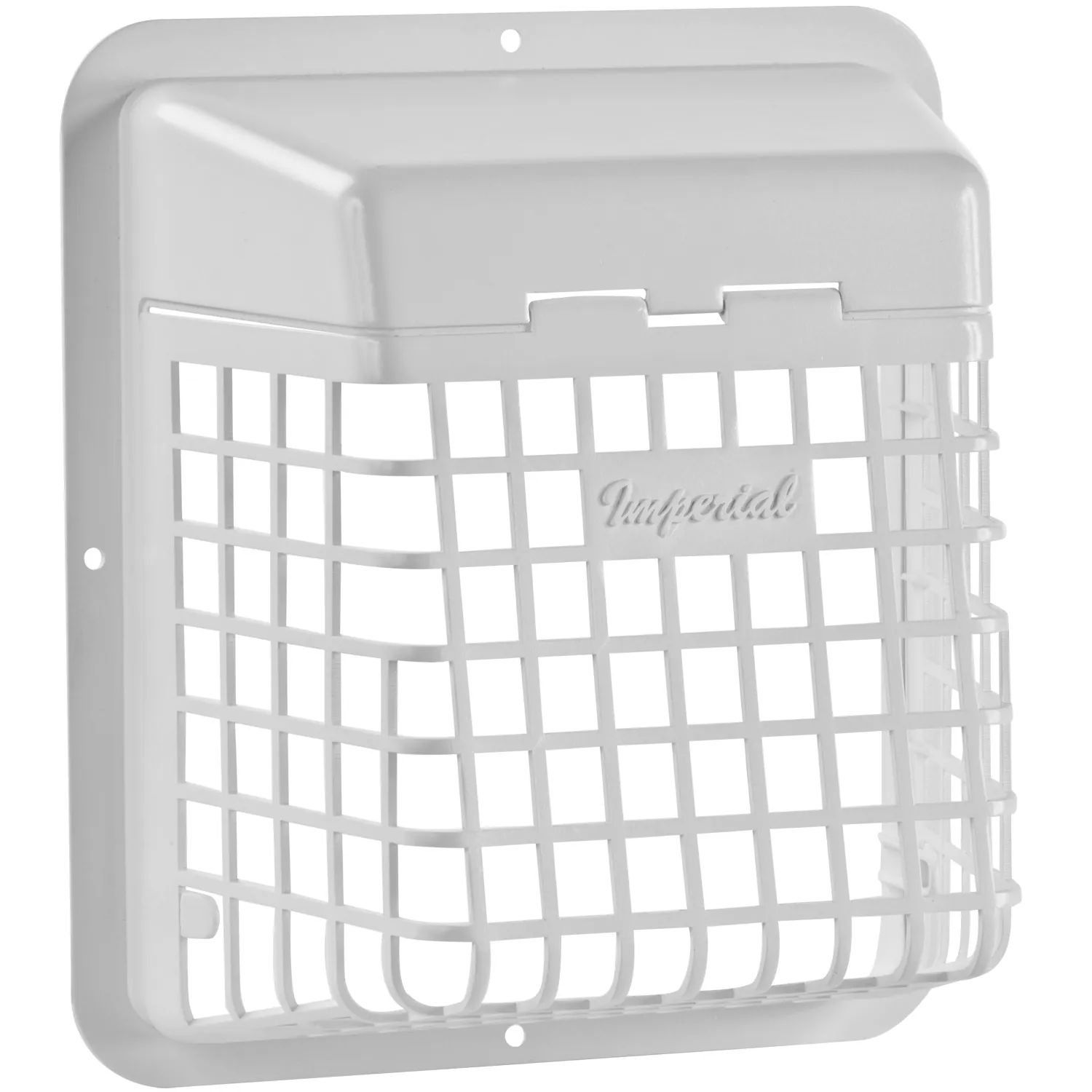
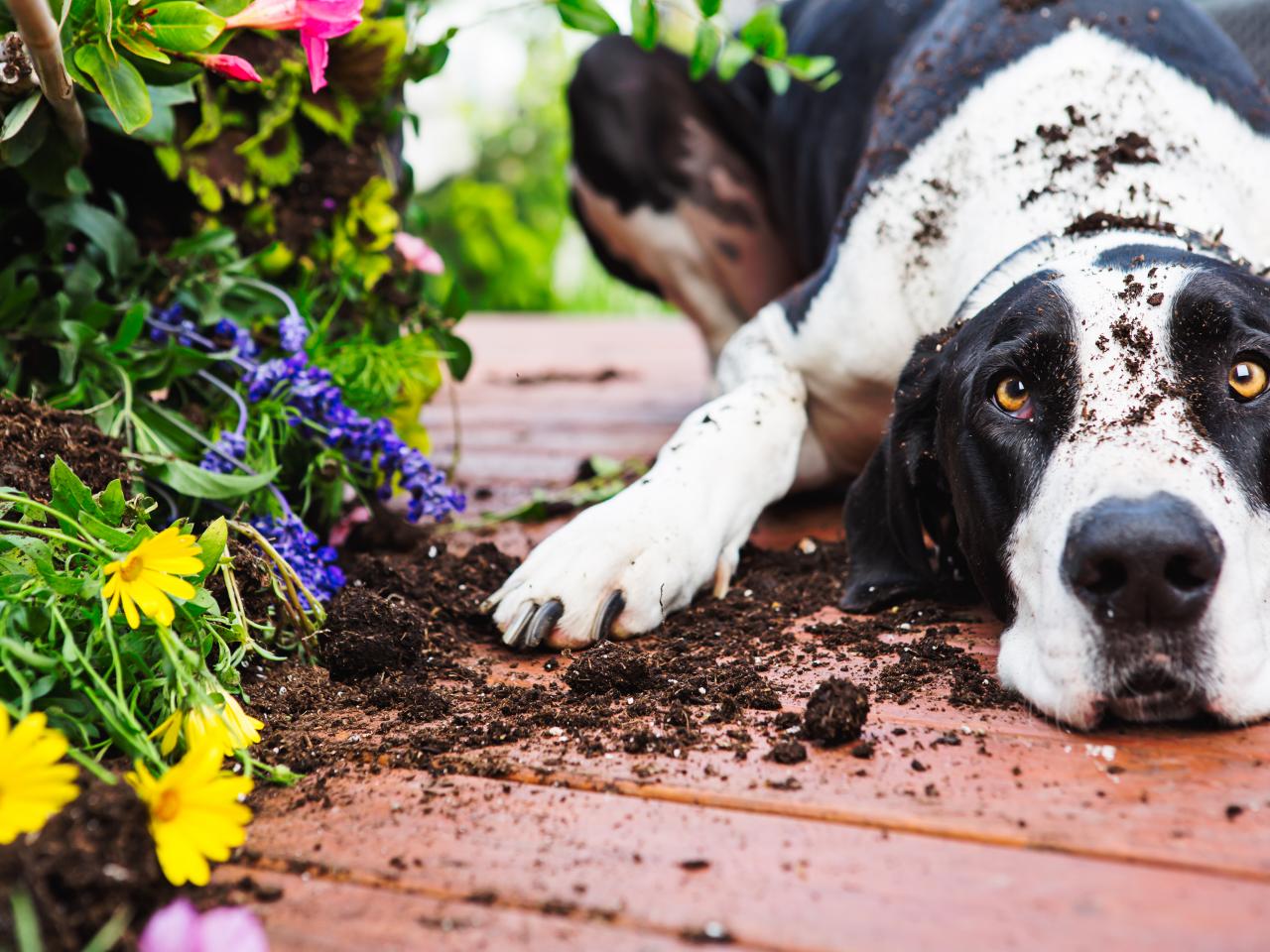
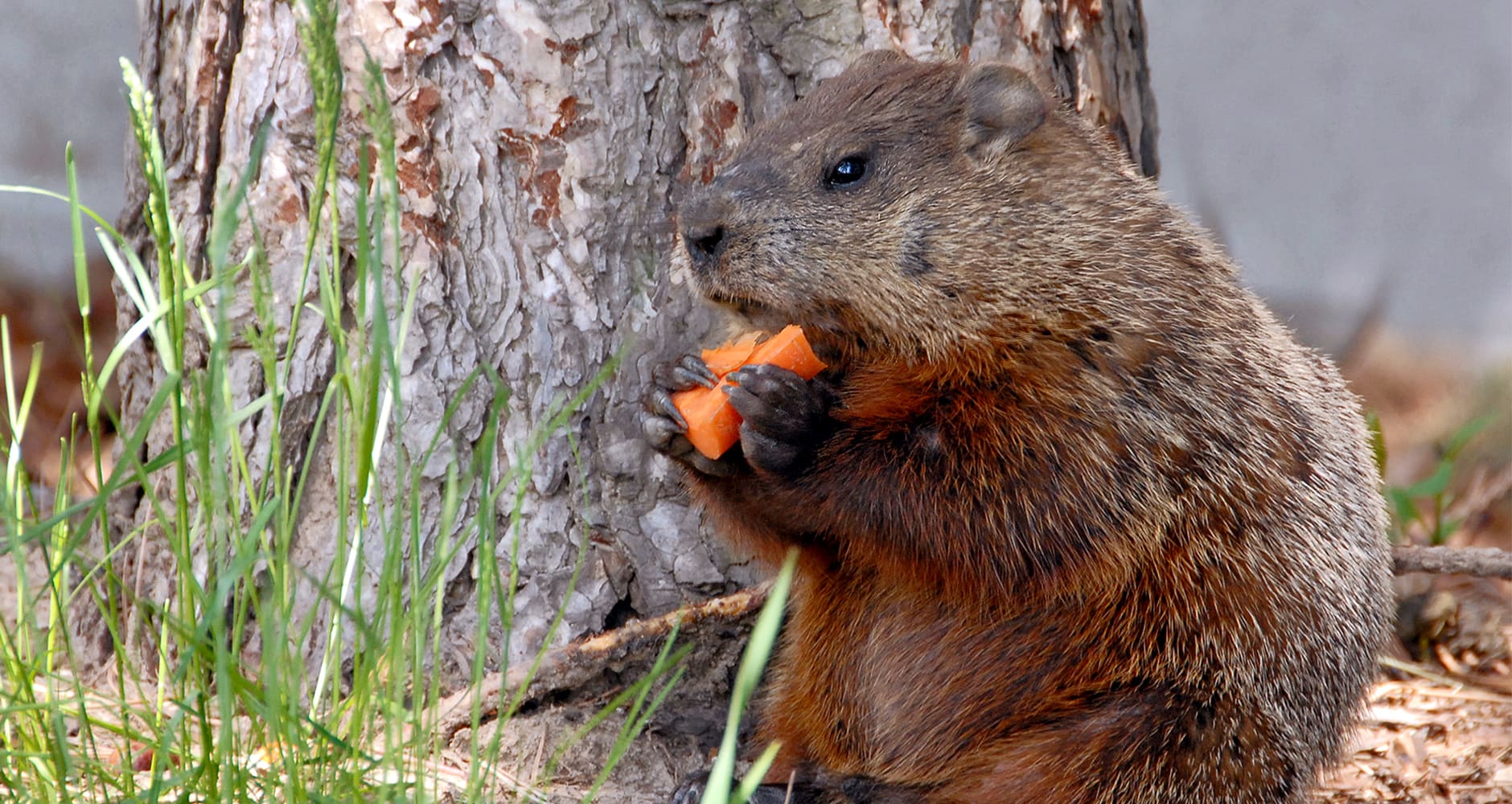
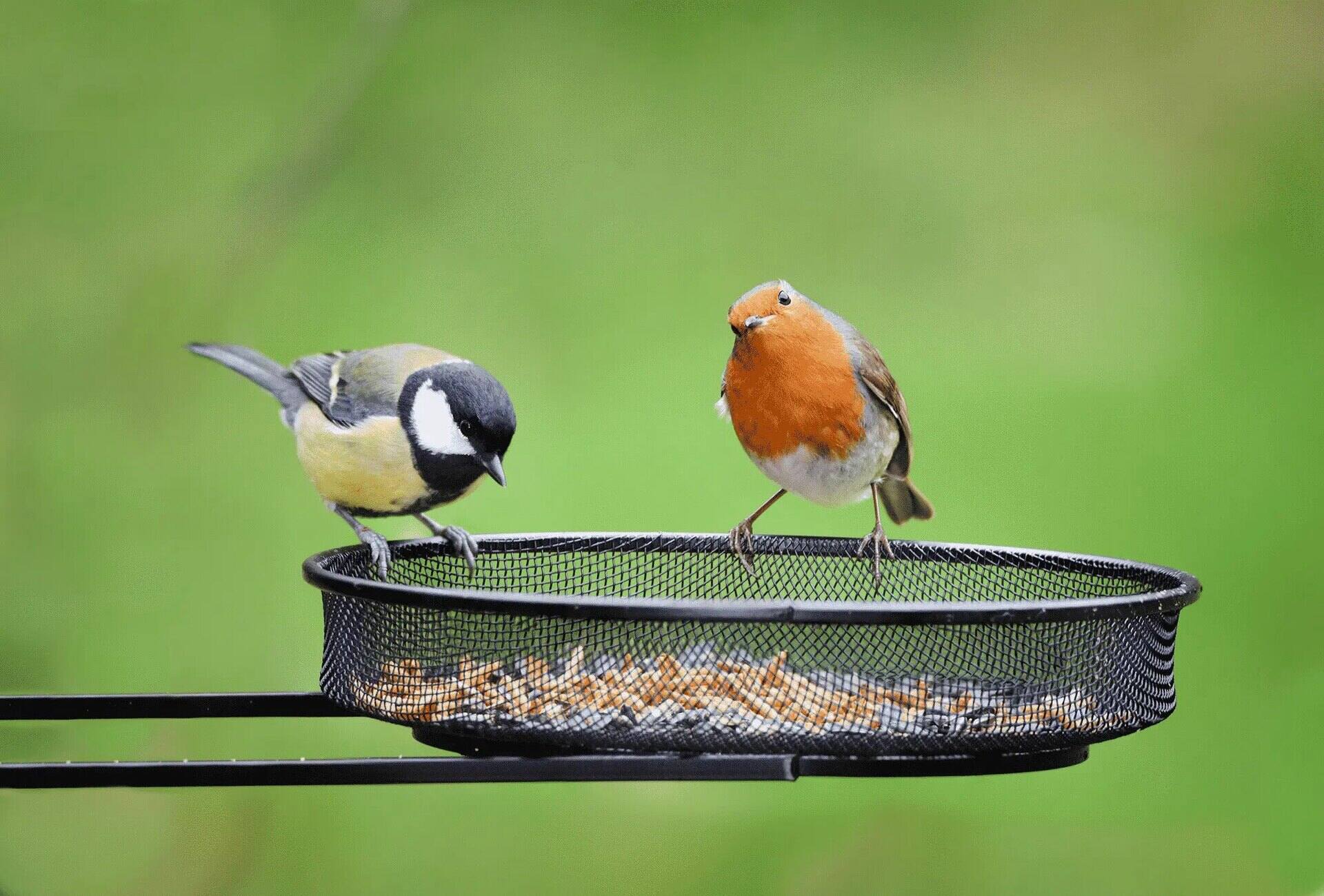
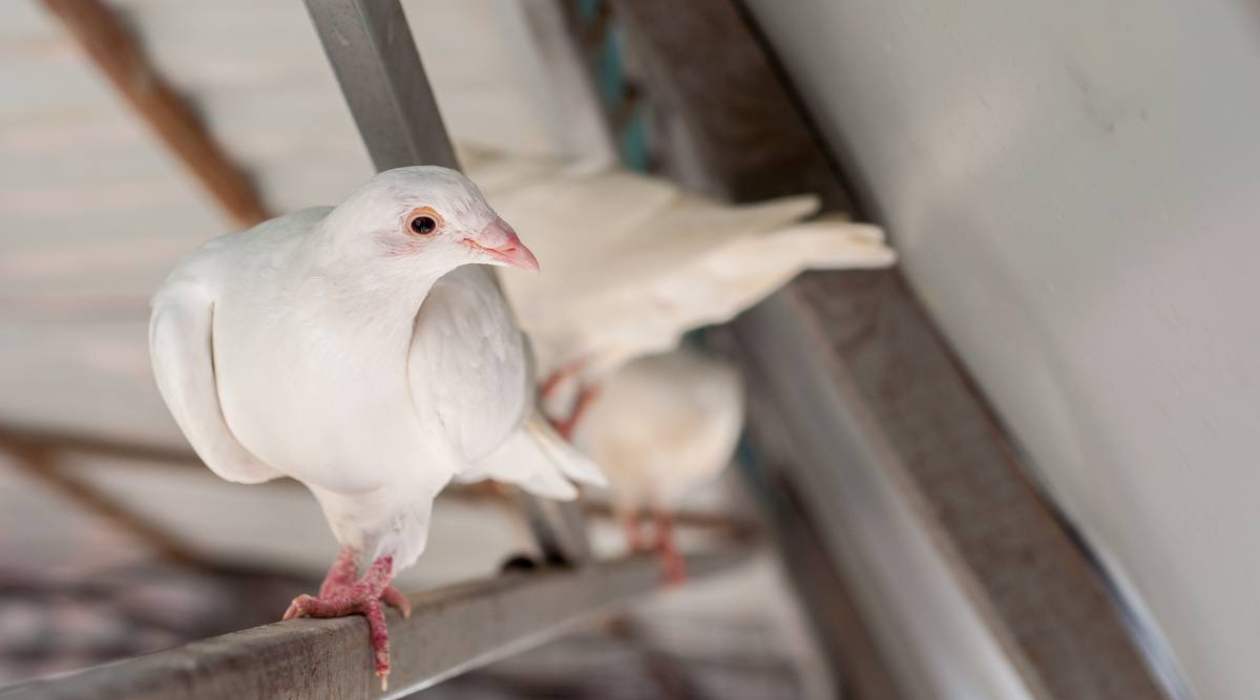
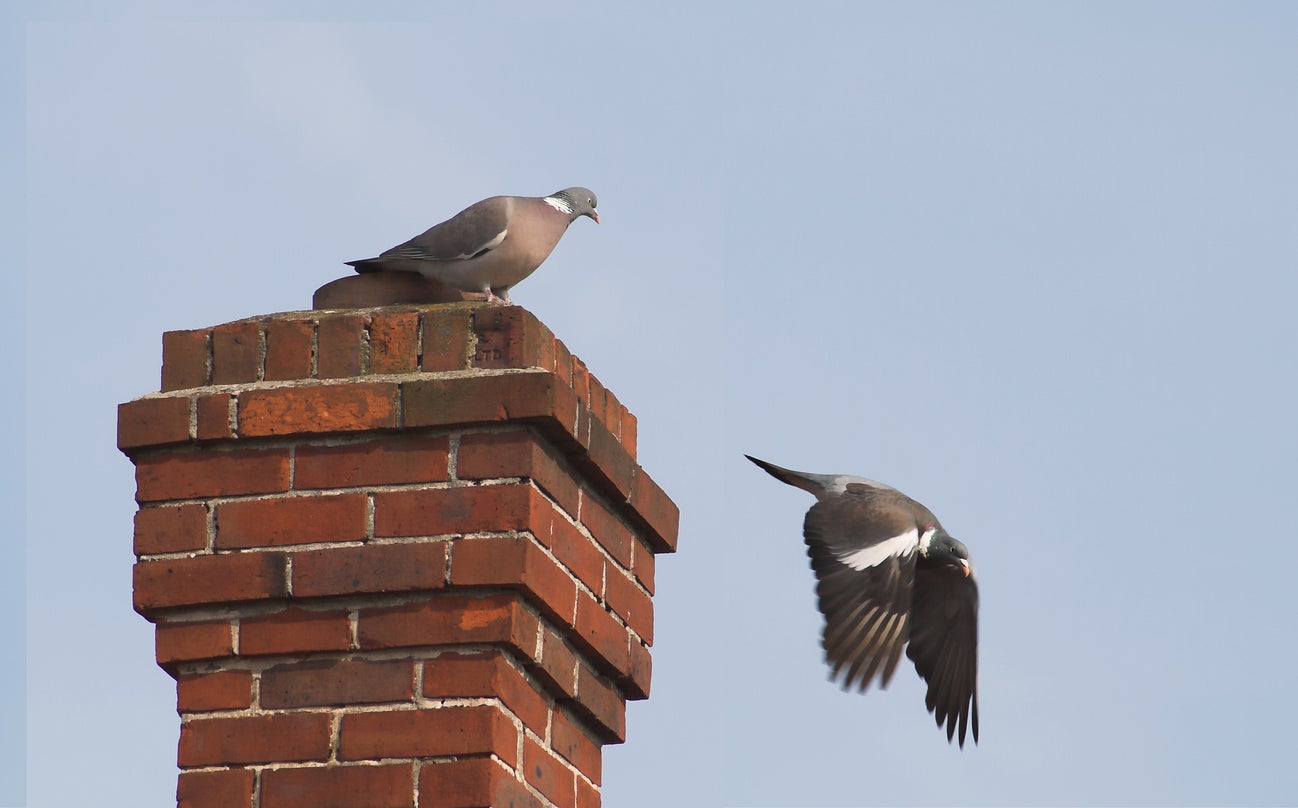

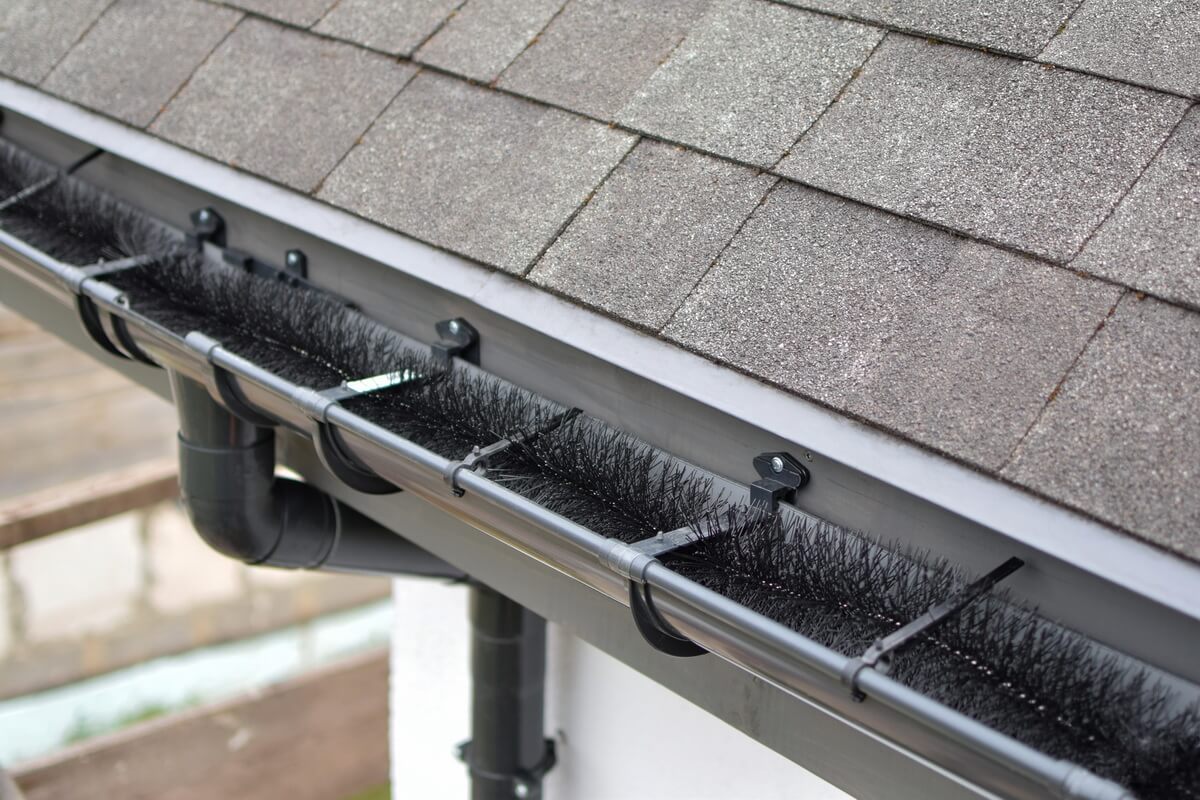
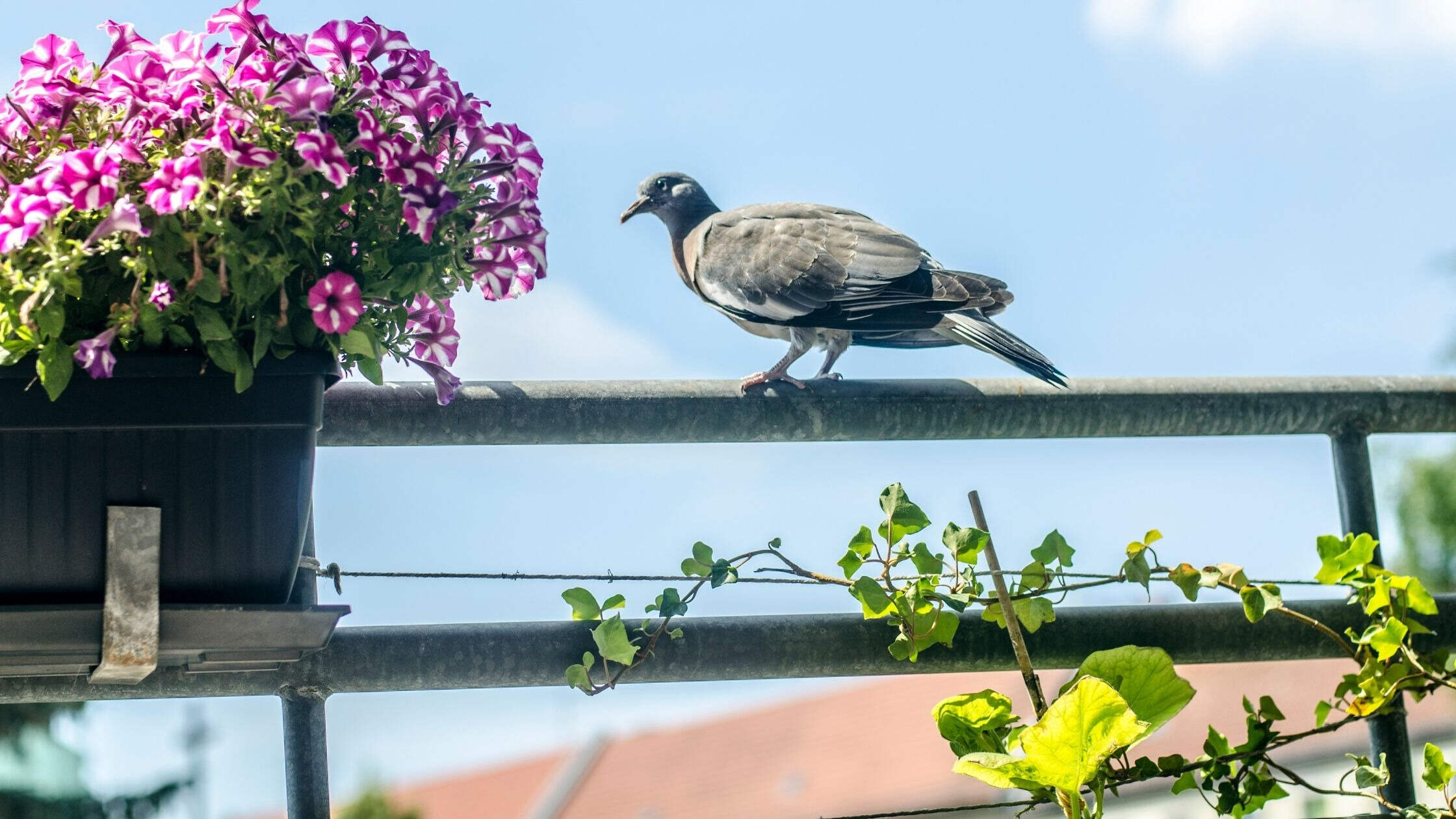
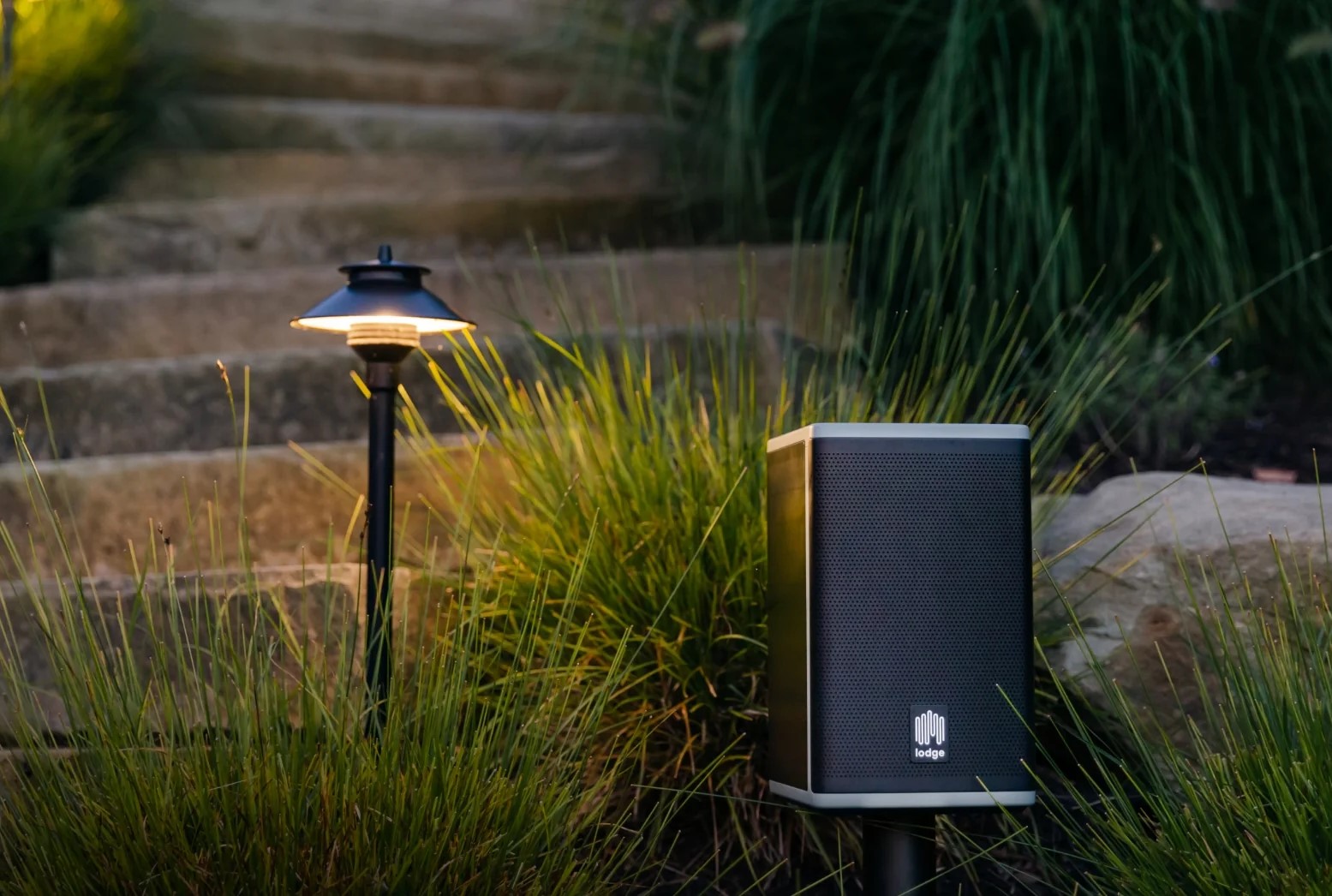
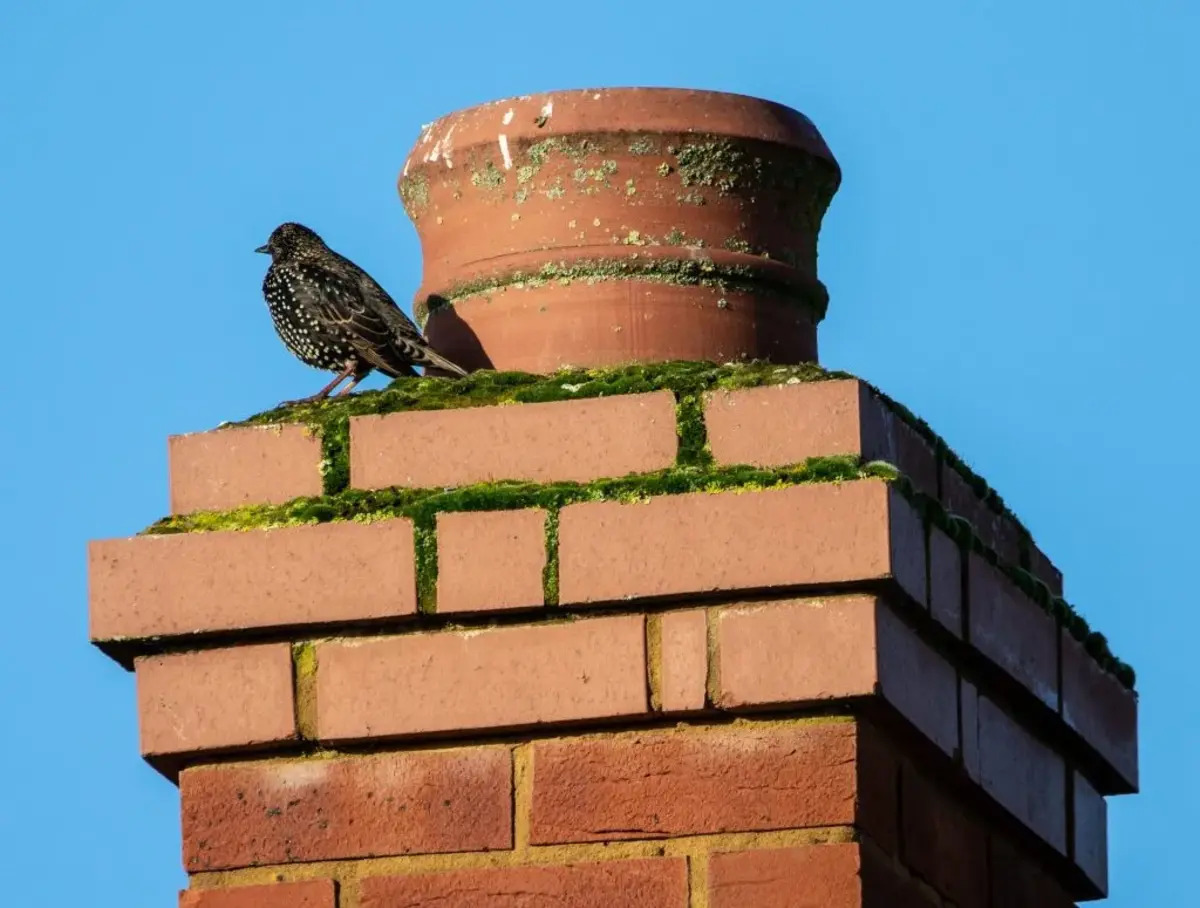
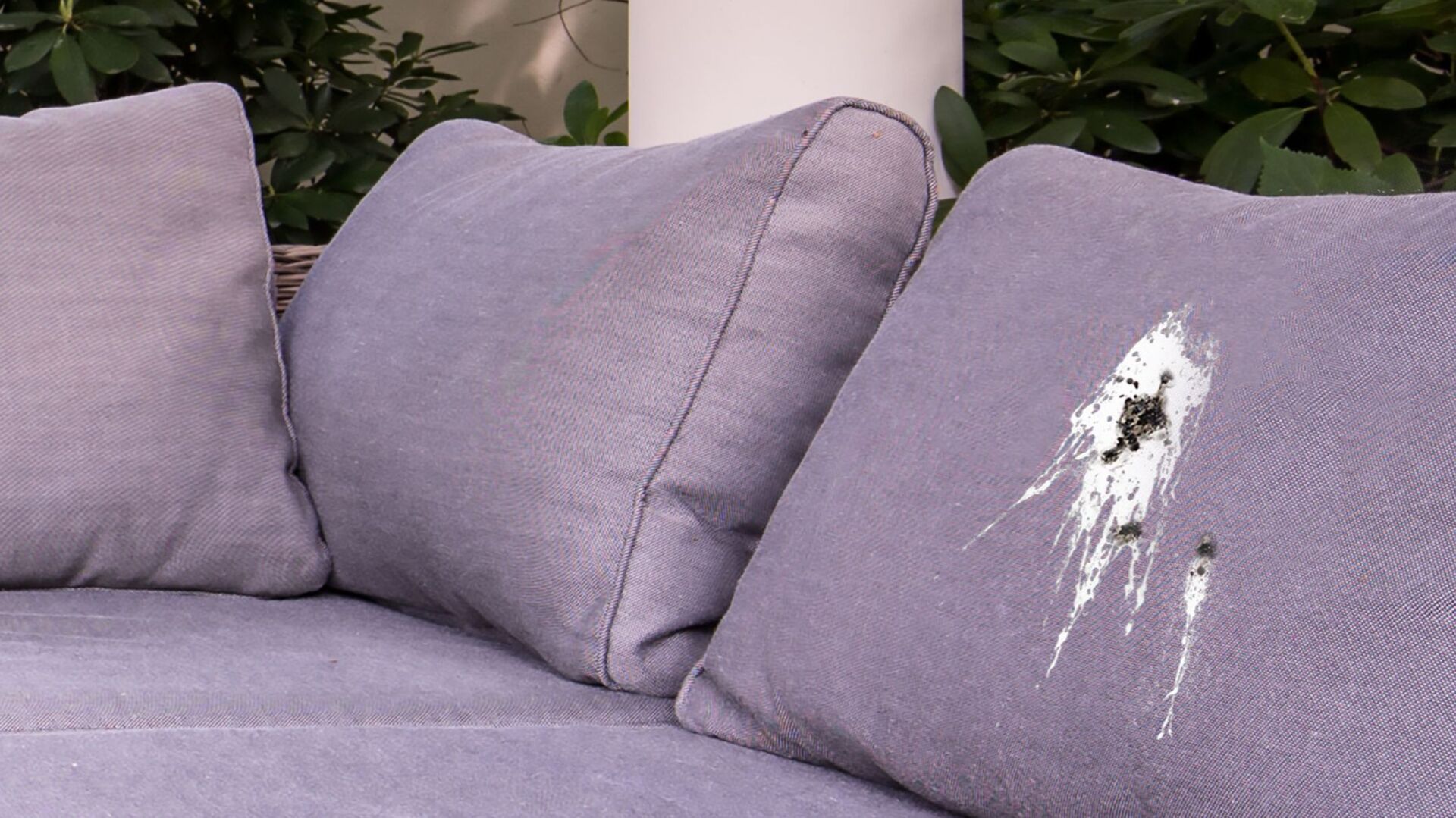
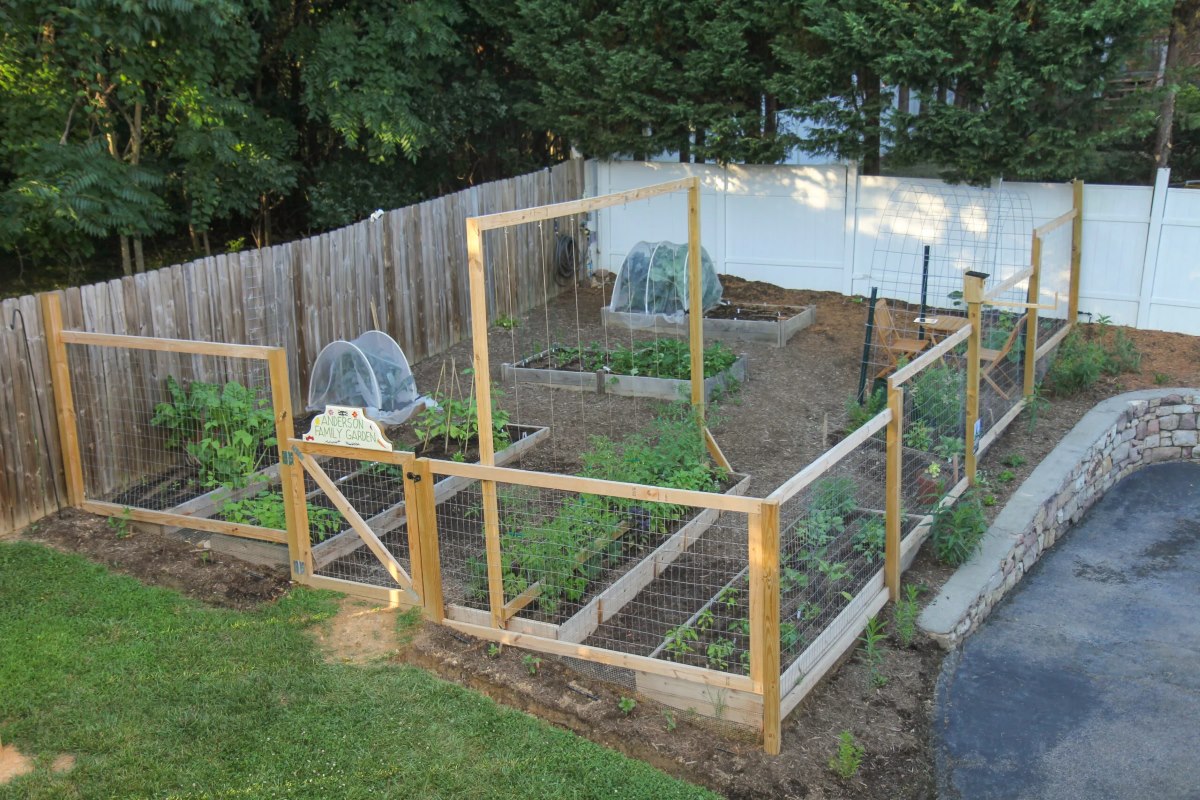
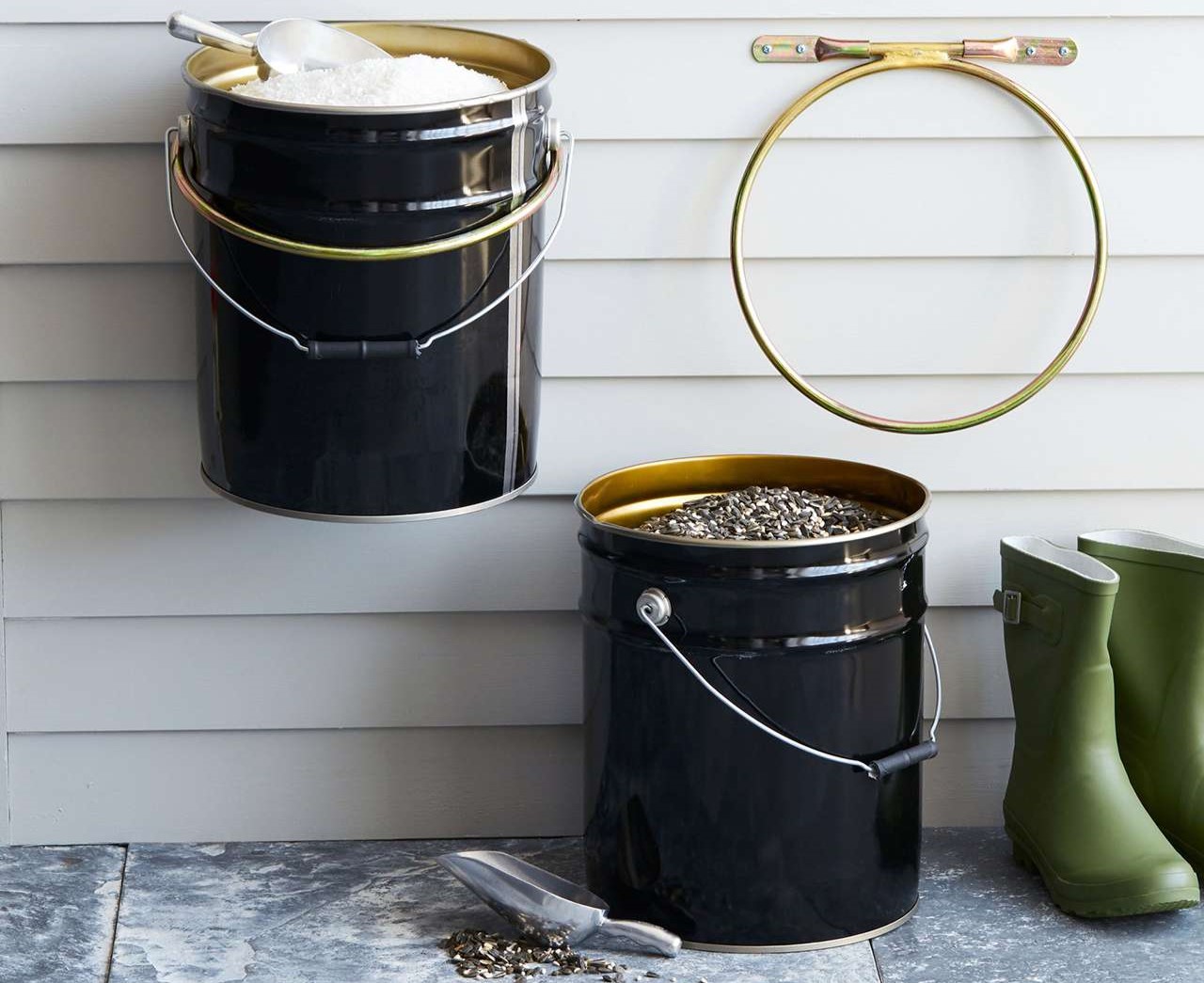

0 thoughts on “How To Keep Birds Out Of The Garden”